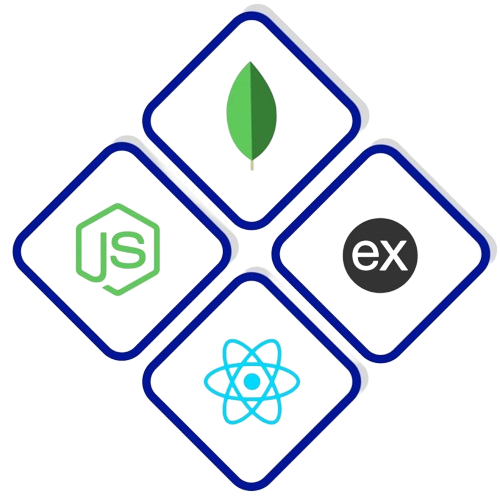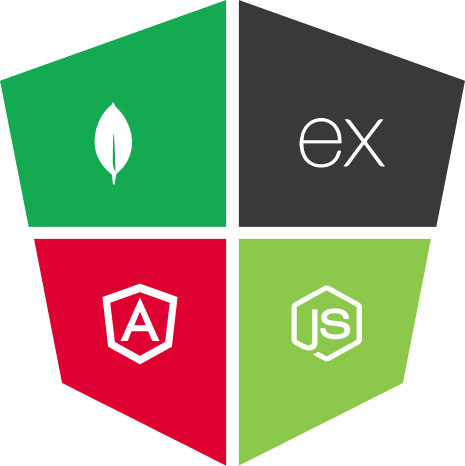Introduction: Why Agentic AI Is the Future of Indian EdTech
In 2025, the Indian EdTech ecosystem is at a tipping point. With over 500 million learners accessing online platforms and rising demand for personalized, scalable education, startups are under immense pressure to innovate. Enter Agentic AI—a new breed of artificial intelligence that goes beyond static rule-based systems. Unlike traditional AI models, Agentic AI exhibits autonomy, decision-making capabilities, and adaptability to complex tasks—making it an ideal ally for education-focused startups.
This article explores the Top 5 real-world use cases of Agentic AI in Indian EdTech, supported by practical insights, startup case studies, and implementation strategies.
Use Case 1: Personalized Adaptive Learning Paths
Problem: Indian learners are diverse—different languages, different paces, and varying academic backgrounds. A one-size-fits-all model just doesn’t work.
How Agentic AI Solves It:
Agentic AI agents can observe a student’s interactions, learning patterns, and weak areas in real time. Based on this data, it can autonomously adjust course difficulty, offer relevant practice tests, and even recommend supplementary material—just like a human tutor would, but at scale.
Case Study: A Bengaluru-based EdTech startup implemented an Agentic AI tutor that monitored real-time quiz performance and engagement. Result? A 42% increase in course completion rates and a doubling of student retention over three months.
Use Case 2: 24/7 Multilingual Doubt-Solving Assistants
Problem: Lack of immediate support discourages learners—especially in tier 2 & 3 cities where self-paced learning is common.
How Agentic AI Solves It:
Unlike static chatbots, Agentic AI assistants are context-aware and can navigate long learning threads. They can interpret doubts in Hinglish, Tamil, or Marathi, connect it to curriculum concepts, and provide step-by-step explanations using voice, video, or visuals.
A startup in Pune deployed a voice-based Agentic AI assistant that reduced faculty workload by 35% and maintained a 96% student satisfaction score for support queries.
Use Case 3: Automated Course & Curriculum Curation
Problem: Content creation is time-consuming and requires subject matter experts (SMEs), which are expensive and scarce.
How Agentic AI Solves It:
Agentic AI bots can be trained to scan NEP-aligned curricula, analyse competitor offerings, and generate structured micro-courses. They can create outlines, generate quizzes, suggest multimedia, and even recommend pricing tiers based on market demand.
Bonus Insight: QuickRanks worked with a startup to automate their video-first microlearning program using agent-based AI—reducing launch time from 3 months to 2 weeks.
Use Case 4: Intelligent Teacher Assistants for Live Classes
Problem: Teachers can’t monitor 100+ students, solve real-time queries, manage attendance, and deliver interactive content—all at once.
How Agentic AI Solves It:
Agentic AI co-pilots can:
Provide real-time feedback to students in chat
Track attention span using facial cues
Trigger interactive polls and quizzes autonomously
Flag students at risk of dropping off based on inactivity
Example: A Delhi-based EdTech platform integrated Agentic AI teacher copilots, leading to a 28% drop in mid-semester attrition and 20% more engagement per session.
Use Case 5: AI-Driven Student Success Predictors
Problem: High dropout rates remain a critical issue, especially in competitive prep courses (NEET, JEE, UPSC).
How Agentic AI Solves It:
Agentic agents track behavioural signals—like login times, quiz hesitation patterns, repeated errors—and predict whether a student is likely to drop out. These systems automatically alert instructors or trigger interventions, such as offering extra resources, nudges, or mentorship.
A test prep company in Hyderabad used this model to identify high-risk students, improving pass rates by 15% over two academic cycles.
Key Benefits for Indian EdTech Founders
| Challenge | Agentic AI Advantage |
|---|---|
| Manual personalization | Autonomous learning agents |
| High support load | 24/7 intelligent AI tutors |
| Expensive content creation | Automated curriculum generation |
| Low engagement | Live co-pilot tools for interactivity |
| High dropout rates | Predictive student intervention systems |
Looking to integrate AI into your EdTech platform?
Book a Free Consultation with QuickRanks to unlock implementation roadmaps.
What Makes Agentic AI Different from Traditional Chatbots?
| Feature | Traditional Chatbot | Agentic AI |
|---|---|---|
| Autonomy | Predefined rules | Goal-directed behavior |
| Task Complexity | Single-task | Multi-step reasoning |
| Personalization | Generic answers | Deep learner context awareness |
| Learning Capability | No | Yes (via feedback loops) |
Agentic AI can act, learn, and improve autonomously. It’s not just a tool, but a co-worker with intelligence—bringing true scale and depth to learning platforms.
Industry Insight: What NASSCOM Says About AI in EdTech
According to a 2024 NASSCOM report, over 68% of AI investments in India are shifting toward agent-based systems, with EdTech among the top 3 industries driving adoption.
This shift is not a trend—it’s a necessity for Indian startups aiming to stay competitive in a crowded and rapidly evolving digital education market.








 Wordpress Development
Wordpress Development
 E-Commerce Development
E-Commerce Development
 Laravel Development
Laravel Development
 Webflow Development
Webflow Development
 Wix Development
Wix Development
 React Development
React Development
 Mern Development
Mern Development
 Mean Development
Mean Development
 Bubble Development
Bubble Development
 App Development
App Development





 Search Engine Optimization
Search Engine Optimization
 Content Marketing
Content Marketing
 Social Media Marketing
Social Media Marketing
 Email Marketing
Email Marketing
 Branding & ORM
Branding & ORM
 Analytics & CRO
Analytics & CRO

 Paid Search Advertising
Paid Search Advertising

Social Media Marketing (Organic)
Social Media Strategy
Facebook & Instagram Management
LinkedIn Growth
YouTube Channel Optimization
Community Management